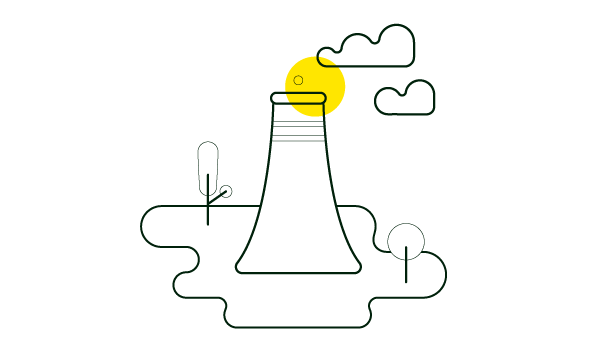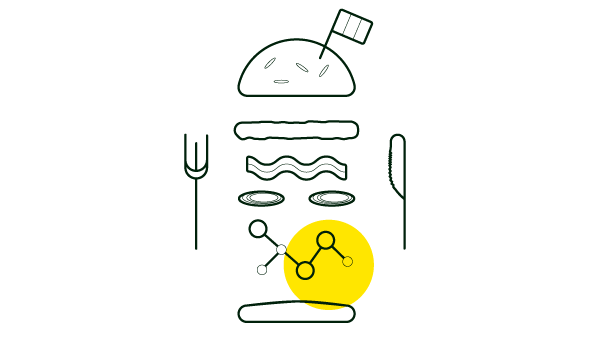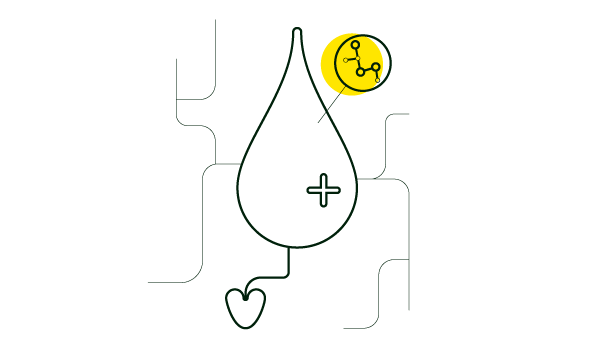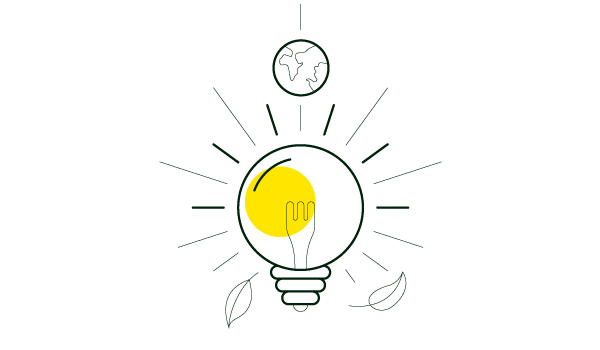You are here
PFAS-free is the future.
All the facts, lined up.
PFAS is all over the news these days. There’s even a film about the issue, Dark Waters. And there’s a reason for that. Some PFAS (per- and polyfluoroalkyl substances) have been shown to be toxic for human health and the environment. PFAS have been dubbed ‘forever chemicals’ because of their sheer longevity when released into nature. The good news? There are other options. So it’s high time to choose a PFAS-free future. Here’s why.

PFAS (per- and polyfluoroalkyl substances) are man-made chemical compounds. They’re not a natural part of our ecosystem: scientists developed them to make products water-, grease- and dirt-repellent. Today, they’re a common component of everyday items like certain kinds of rain coats, food packaging, some cosmetics, textiles and various types of non-stick pans.
It takes an incredibly long time for PFAS to be broken down, with some probably only disappearing after a thousand years. Almost all PFAS that were ever produced still linger on our planet to this day.

During the production process, PFAS can end up in the air, the water and the earth, eventually making their way onto our plates. Just think of the fish, meat, fruit and vegetables we consume every day, or the water that comes from our kitchen taps. That’s how these PFAS, which we can’t get rid of, accumulate in our bodies.

Because of the way we’ve been producing PFAS for years, these days almost everyone’s blood contains PFAS. And that’s not the end of it: research has revealed pregnant women pass on these chemicals to their unborn children, so PFAS are even found in the blood of new-born babies. Studies also show that some PFAS damage our immune system and can be linked to obesity, cardiovascular diseases, fertility problems and cancer.

There is a solution, because alternatives exist. It’s simply a matter of making smart choices. As long as we keep buying products that contain PFAS, their production will continue – with all the risks that entails for our health and the planet. Below, we offer some tips on how to make smart choices in the kitchen and cook using healthier pans.


